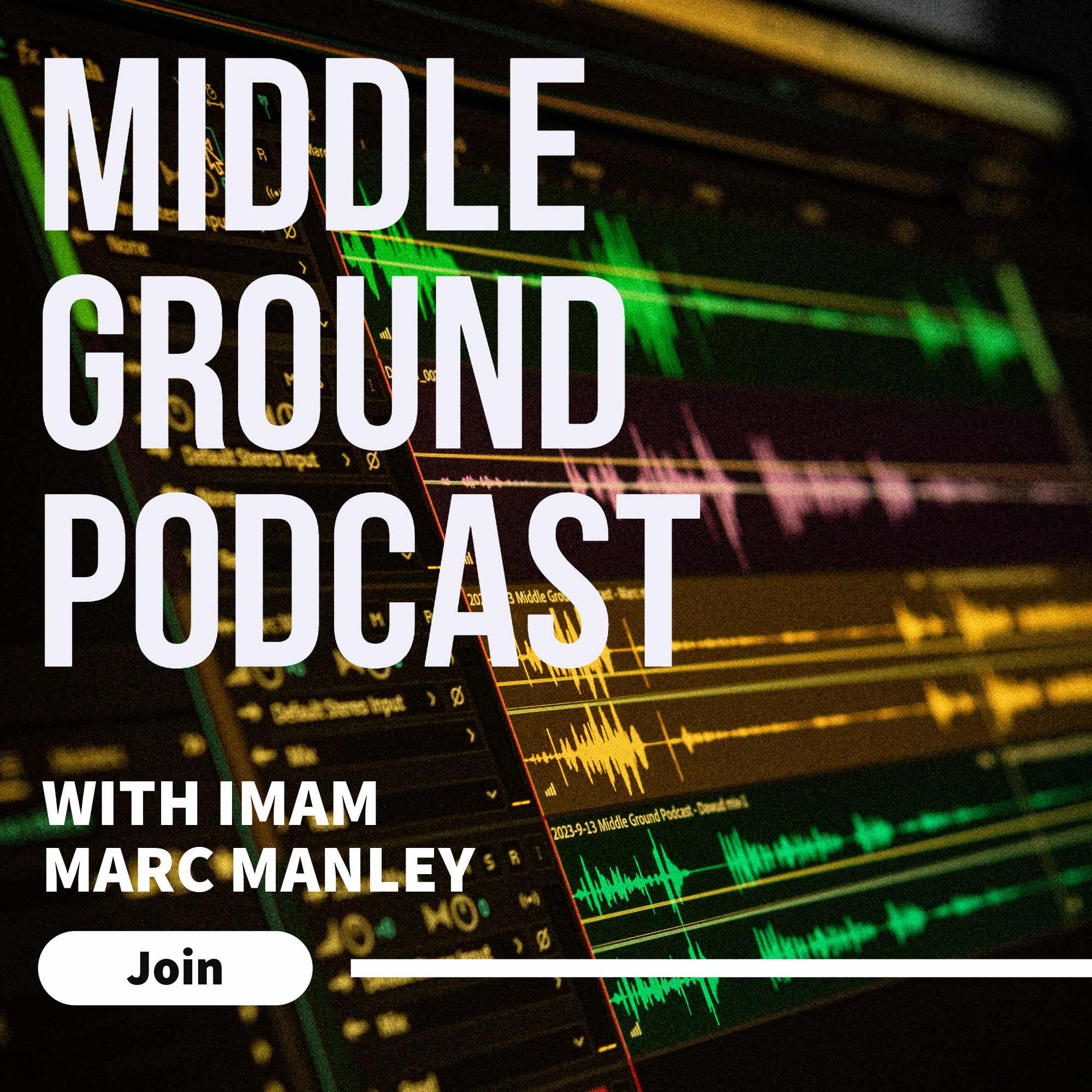#EveryDayArabic August 22nd 2024
Description
﷽
Ever wonder why there seems to be two systems of classification for Arabic dictionaries? Pre-modern dictionaries have one system (the “bāb and faṣl” system, as we’ll see) and modern dictionaries have another.
Imam’s Corner is a reader-supported publication. To receive new posts and support my work, consider becoming a free or paid subscriber.
In modern dictionaries like Arabic-English Lexicon (1863), better know as Lane’s Lexicon, by British orientalist, Edward William Lane, or Arabisches Wörterbuch (1952), know in English as A Dictionary of Modern Written Arabic (1961), or simply, Hans Wehr, by German orientalist, Hans Bodo Wehr, where the sorting and classification proceeds in alphabetical form, from the first, second, and third letters (and forth or fifth in those rarities). For example, a-l-f (أ+ل+ف) would precede q-f-l (ق+ف+ل) if one were looking up the words ‘ulfah (ألفة/”affection”) and qaffāl (قفّال/”locksmith”) respectively in those dictionaries. But in classical dictionaries like al-Ṣiḥāḥ, by Transo-Turkic lexicographer Abū Naṣr al-Jawharī, the last letter of the root (the “bāb”) is how words/roots are sorted. So for instance, b-ḥ-t (ب+ح+ت) would precede n-a-t (ن+ع+ت) if one were looking up the words na’t (نعت/”characteristic”) and baḥt (بحت/”pure”) respectively:
يسلّط هذا المعجم الضوء على أحد أنظمة التأليف المعجميّ عند العرب أي نظام الباب والفصل أي أن الحرف الأخير من المادّة الأصليّة هو الباب وأن الحرف الأول منها هو الفصل، وأن الباب هو الأصل وأن الفصل هو الفرع، ويشير إلى أن هذا النظام أوْقع المؤلفين في مشكلة بالنسبة إلى الألفاظ المعتلَّة الأواخر إذ لم يستطيعوا أحياناً التمييز بين ما كان واويَّ الأصل أو يائيّة.
“This dictionary sheds light on one of the systems of lexicographic compilation used by the Arabs, specifically the system of ‘bāb and faṣl.’ In this system, the last letter of the root word is the ‘bāb’ (the sorting letter), and the first letter is the ‘faṣl’ (secondary sorting letter). The ‘bāb’ is considered the primary category, while the ‘faṣl’ is a secondary one. The text also points out that this system led to difficulties for the compilers, particularly regarding words with weak or defective (مُعْتَلَّة/muʿtallah) endings, as they were sometimes unable to distinguish between roots ending in a ‘wāw’ or a ‘yā’”. — from Dr. Hishām Ṭa Ha Shallāsh’s Muʿjam al-Afʿāl al-Wāwiyyah al-Yā'iyyah (Compendium of of Verbs Ending with Wāw and Yā’)
Get full access to Imam’s Corner at imammarcmanley.substack.com/subscribe
More Episodes
Published 08/22/24
﷽
Welcome to Episode Thirty Three of the Middle Ground Podcast. We’re your hosts Imām Marc and brother Dawud Aleman. Narratives. Arabic. All Muslims prize this language. Everyone wants to learn it. But for so many of us, Arabic remains an elusive goal despite the Qur'an being revealed in it....
Published 08/21/24
﷽
Welcome to Episode Thirty Two of the Middle Ground Podcast. We’re your hosts Imām Marc and brother Dawud Aleman. Narratives. Are Jinn just fables? Is the Unseen real or just a metaphor? We'll discuss this and more
Imam’s Corner is a reader-supported publication. To receive new posts and...
Published 08/21/24


